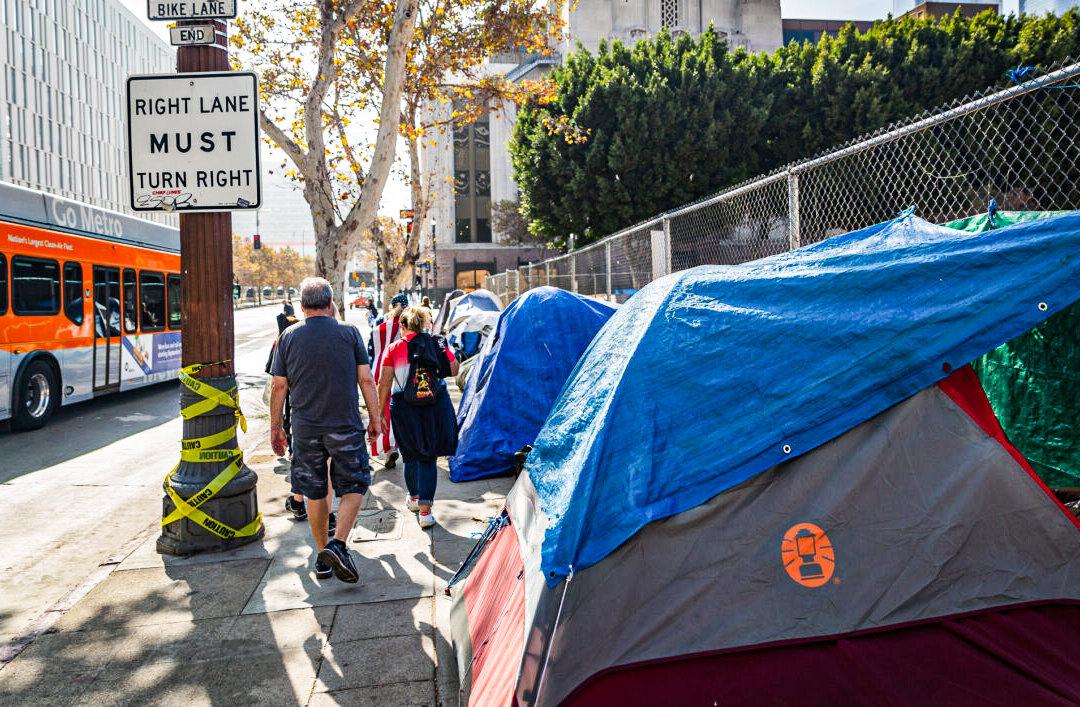Following in the footsteps Los Angeles Mayor Karen Bass put forth last month, the Los Angeles County Board of Supervisors voted unanimously Jan. 10 to declare a local state of emergency on homelessness.
Authored by Supervisors Lindsey Horvath and Kathryn Barger, the motion aims to address this “critical crisis” through the expansion of its response to include city, state, and federal partners.





